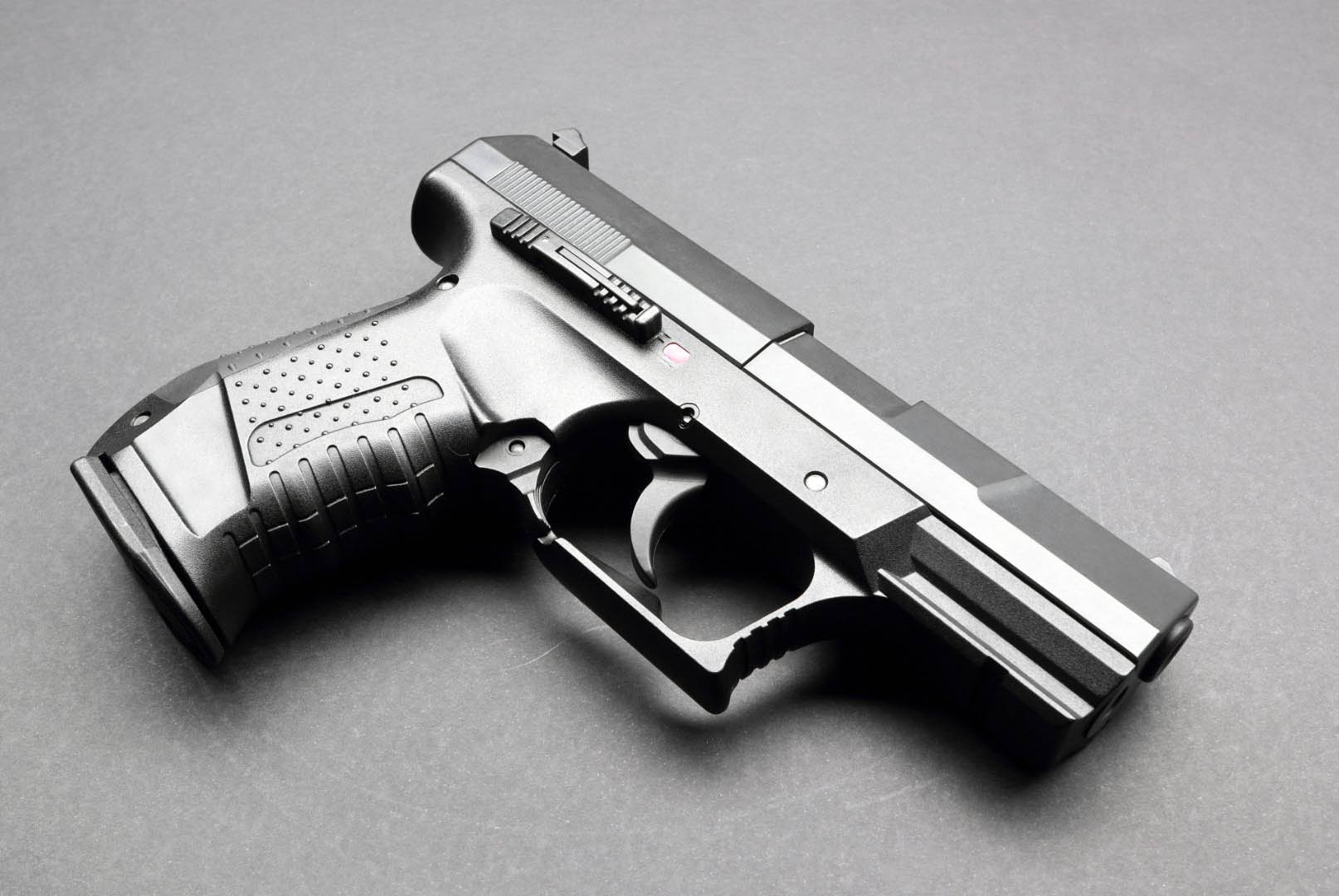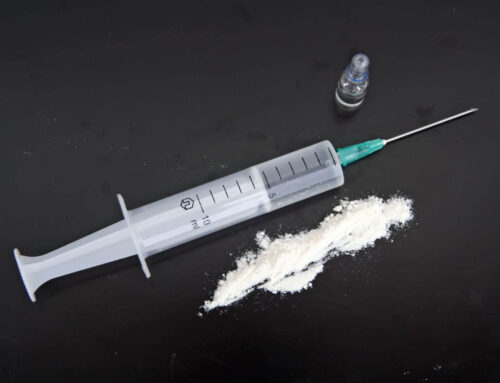
Psychiatrist’s Certificate for Weapon Permit
A psychiatrist’s certificate for a weapon permit is one of the key documents required to obtain the right to own and carry firearms (https://www.riigiteataja.ee/akt/13166920#para41). This certificate ensures that the individual granted such a permit is in good mental health and does not pose a threat to society. But why should a psychiatrist specifically conduct the mental health evaluation, and how is this process carried out? Let’s take a closer look.
Why Should a Psychiatrist Conduct a Mental Health Evaluation?
Firearms inherently carry potential danger. In the hands of a person with severe mental health disorders, a weapon can become a threat to both the owner and those around them. This is why a thorough evaluation of the applicant’s physical and mental health is conducted before granting a weapon permit.
Psychiatric evaluation is essential because many mental disorders can affect an individual’s ability to make sound decisions, control their emotions, and regulate their actions. For example, conditions involving aggression, impulsivity, or impaired perception of reality can lead to unpredictable behavior. A psychiatrist’s certificate for a weapon permit helps mitigate the risks associated with granting firearms to individuals who might use them dangerously or illegally.
How Is Mental Health Evaluated?
The psychiatrist’s assessment process generally involves several stages:
- Collecting Medical History. The psychiatrist conducts an interview with the patient to gather their medical history, psychological state, and any stressful life events. Family history is also analyzed, as many mental illnesses can have a genetic component.
- Clinical Interview. At this stage, the psychiatrist asks questions to assess the individual’s overall emotional state, the presence of depression, anxiety, aggression, or other signs of mental disorders.
- Psychological Testing. In some cases, the psychiatrist may use standardized tests to more thoroughly evaluate the patient’s personality and cognitive functions. This helps identify hidden issues that may not be apparent during a regular conversation.
- After conducting all necessary procedures, the psychiatrist provides a conclusion regarding the patient’s mental health and either issues a psychiatrist’s certificate for a weapon permit or recommends further evaluation or denial.
Which Disorders May Be Contraindications?
There are several mental illnesses and conditions that may serve as grounds for denying the certificate. These include:
- Schizophrenia and Other Psychoses. These conditions, characterized by distorted reality perception, hallucinations, and delusions, make firearm possession extremely dangerous.
- Depression with Suicidal Tendencies. Individuals with severe depression can pose a threat to themselves and others.
- Bipolar Disorder. The extreme mood swings typical of this disorder can lead to aggressive behavior or impulsive actions.
- Substance Abuse. Dependence on alcohol or drugs is also a strict contraindication for firearm ownership.
- Cognitive Impairments. Conditions affecting memory, attention, and other cognitive functions can result in the improper use of firearms.
The Importance of Thorough Screening
A psychiatrist’s certificate for a weapon permit plays a crucial role in ensuring public safety. This document is not just a formality but the outcome of a comprehensive evaluation aimed at preventing potential tragedies. Conducting a psychiatric assessment helps identify individuals who cannot safely handle firearms and minimizes the risks associated with their use.
Thus, psychiatric evaluation is a mandatory step in obtaining a weapon permit. It ensures that the person granted access to firearms possesses stable mental health, which is vital for the safety of society as a whole.



